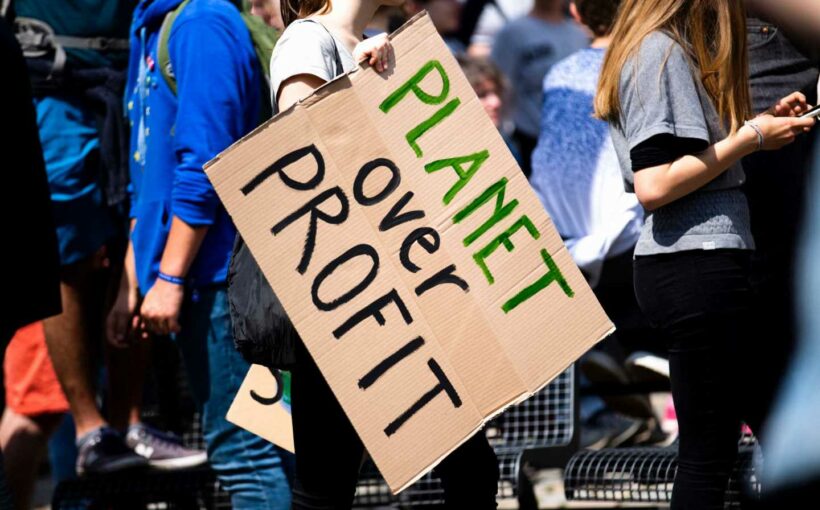With ever-increasing computational power needed to mine Bitcoin, the Bitcoin Energy Consumption Index compares Bitcoin’s carbon footprint to that of New Zealand – putting its yearly consumption at 37 million tons of carbon dioxide.
A recent article in the Energy Research and Social Science Journal reports that “Bitcoin’s energy consumption is underestimated”. It states that “the resource intensity of running Bitcoin has increased over recent years” and that there is “a serious concern for its potential impact on health and climate.”
The article goes on to conservatively estimate that the Bitcoin network consumes 87.1 TWh of electrical energy annually, which equals that of a country the size of Belgium.
A Bloomberg article published yesterday made the following points, with the title “Bitcoin Is an Incredibly Dirty Business”
There are estimates that around half of all Bitcoin mining takes place in South West China, where taxes aren’t excessive and electricity is cheap. However, even though some of the required energy comes from hydroelectricity, a large proportion is supplied by coal-fired plants.
Positive developments are taking place and the Siberian city Norilsk is the site of the first crypto mining farm to be built in the Arctic. It’s constructed of scrap metal and is kept cool by the constant sub-zero temperatures found in this region. A traditional mine nearby supplies it with cheap gas and hydro power.
Ray Dillinger, a Bitcoin bear, stated in a recent Cryptography article, that Bitcoin mining “encouraged corruption” and that it “wasted enormous resources of energy”. He said that tax payers were footing the bill collected by authoritarian governments that Bitcoin was supposedly created to fight against.
The Bloomberg article remarks that Bitcoin’s Proof-of-work mining algorithm is “a feature, and not a bug”. It gives the Bitcoin network its security and its supposed invulnerability to attack. The article also quotes Fidelity Digital Assets when supposedly defending the Bitcoin mining inefficiencies, as saying “it gets you Bitcoin in return”
So, is there an answer to Bitcoin’s massive consumption of energy and its deleterious effect on global climate? Taxing the mining operations appropriately would probably just drive them to other countries willing to accept this problem in exchange for the associated gains.
It’s a conundrum, and in these times of soaring Bitcoin prices, it’s a conundrum that may not be solved any time soon.
Disclaimer: This article is provided for informational purposes only. It is not offered or intended to be used as legal, tax, investment, financial, or other advice.
Related TAGS:
You can share this post!
Source: Read Full Article
